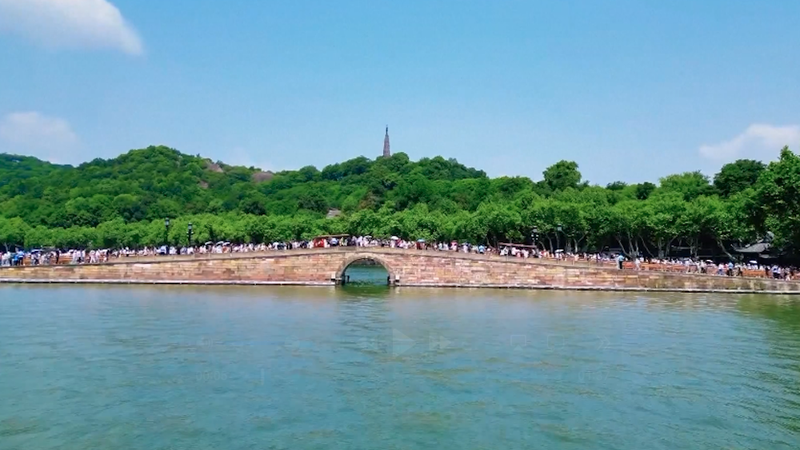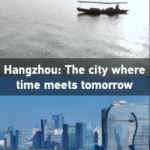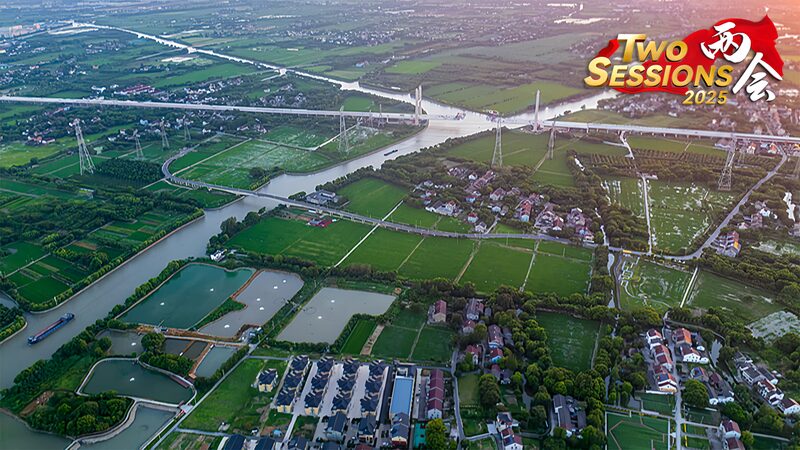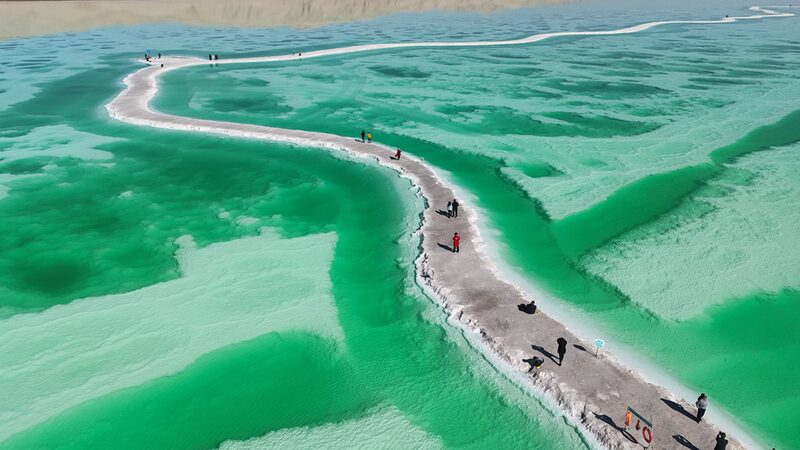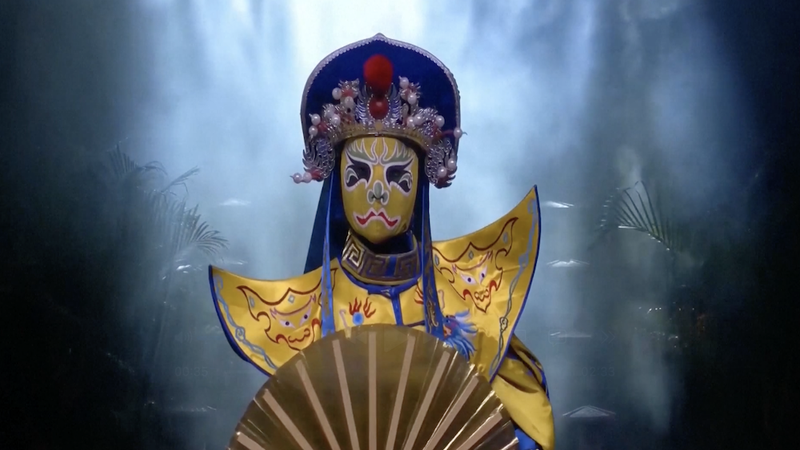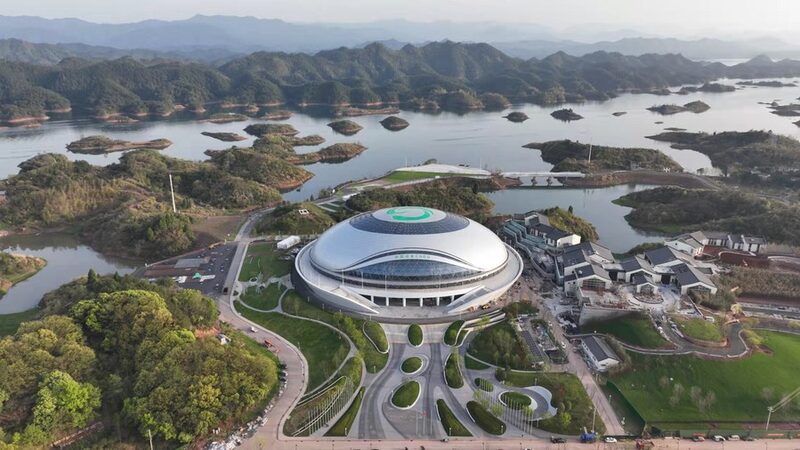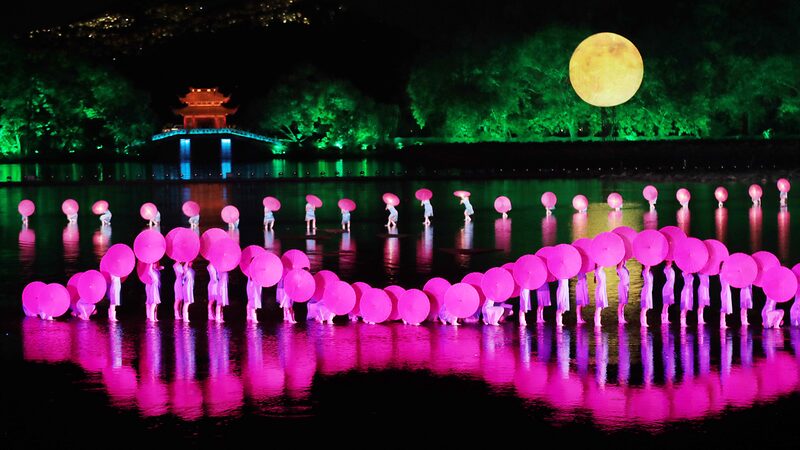Seven centuries after Marco Polo immortalized Hangzhou as "the most beautiful and magnificent city in the world," this eastern Chinese metropolis continues to captivate global travelers and business leaders alike. The Venetian explorer's vivid accounts of its "heavenly" canals, bustling markets, and architectural marvels in "The Travels of Marco Polo" now find modern parallels in the city's tech-driven economy and preserved cultural landmarks.
Today, Hangzhou balances its Song Dynasty-era West Lake UNESCO site – where willow-lined causeways mirror ancient poetry – with being the headquarters of e-commerce giant Alibaba. The Grand Canal, once a vital trade artery praised by Polo, now flows past innovation hubs attracting overseas investors and startups.
"Hangzhou represents China's unique ability to harmonize history with progress," says cultural historian Dr. Li Wei. "From silk production that dazzled medieval Europe to today's digital payment systems, it remains a gateway for East-West exchange."
With direct flights connecting it to 26 Asian cities, Hangzhou saw international tourism rebound by 68% in 2023. Visitors explore reconstructed Song Dynasty streets by day and attend AI-powered light shows at Liangzhu Cultural Park by night.
As China advances its digital economy, Hangzhou's story offers investors and culture enthusiasts alike a blueprint for sustainable development – proving that cities can innovate without erasing the past.
Reference(s):
cgtn.com
